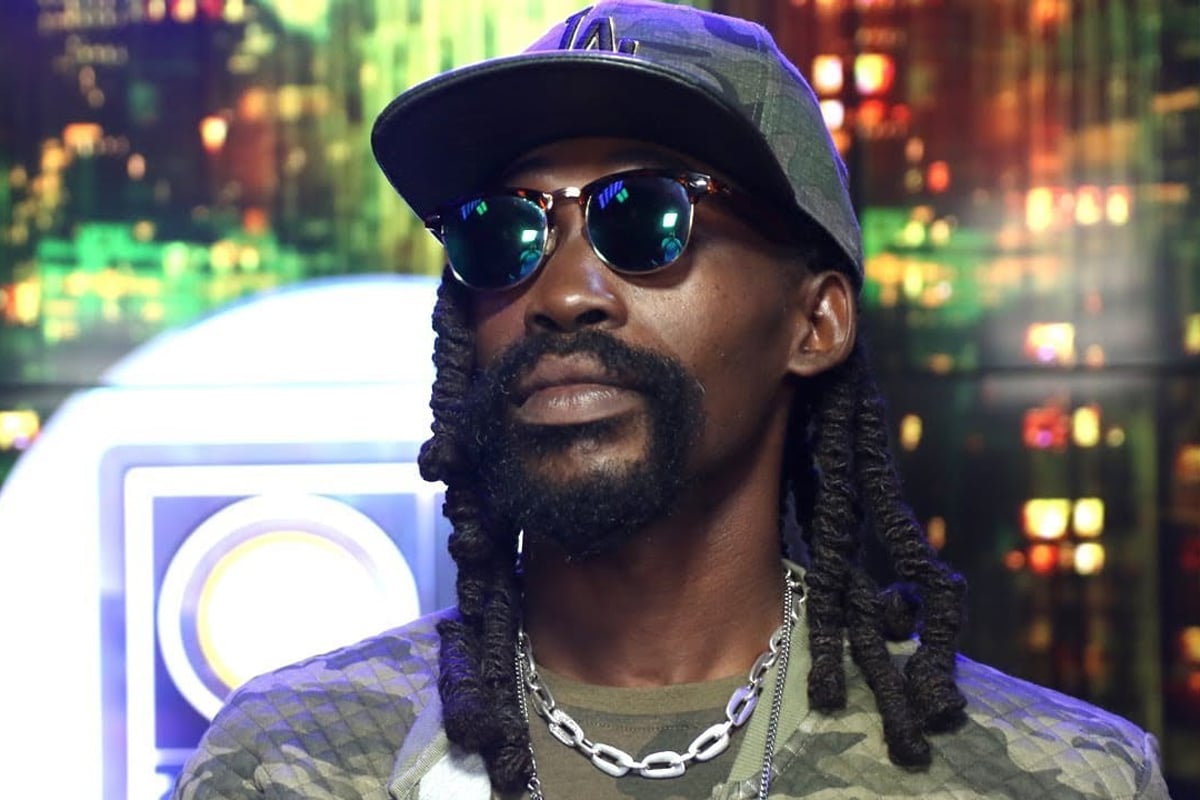Munga Honorable Says He Pioneered Trap In Dancehall With ‘Flipin Rhymes’

The ‘Gangsta Rass’ Munga Honorable says his 2006 hit Flipin Rhymes made him the pioneer of the Trap sound within Dancehall. “A me bring Trap bout yah. Mi never name it, but me did just a trap,” he recently told Negus Imara on the Imara Nation podcast. “A rap music mi listen to inno. A rap music a one of mi biggest influences and R&B which influenced the harmonic, melodious part a mi writing.”
Produced by Don Corleon, Flipin Rhymes was part of the High Altitude riddim, which also brought hits such as Sean Paul and Rihanna‘s Break It Off and Voice Mail’s Let’s Dance to the airwaves.
The song was recorded after a fateful encounter with Corleon. Munga, at the time a bannerman and protege of Capleton, happened to be present while the producer was looking to work with the ‘Fireman.’ His impromptu vibe caught the ear of Kool Face, leading to an introduction with Corleon, who was impressed enough to produce Fliping Rhymes.
“Don was recording the Sweat riddim… so he was scouting to record Capleton,” Munga recalled. “In a that mi just did a vibe pon the riddim, being that Capleton a write him song and mi a vibe round the corner and Kool Face heard my song and say ‘mi like tha song deh, mi wah Don voice dah song deh.’”
“Kool Face made the introduction and Don say ‘yeah a certified song.’ When I went to audition, he played two riddims. Him play [Sweat] riddim and he played High Altitude. So mi audition two songs and him pick which song go pon which riddim and we recorded both songs. So we recorded Bad Like I and we recorded Flipin Rhymes,” Munga told Imara.
He reminisced about the creative process behind Fliping Rhymes, sharing an anecdote about a fan’s breeze inspiring the song’s ‘chipmunk sound’ (autotune).
“When me a write Fliping Rhymes mi did deh near the fan inna mi likkle room so when I asked Don Corleon fi the sound that was what… him opened protools and open autotune,” he said.
“..Mi did require dah sound deh because it was a different sound and when mi a write the song at home, at that moment the fan did forward round and mi hear mi voice flying through it, so mi stop it ‘..my brains bi flipping rhymes’ and mi get a chipmonk sound so when time mi go a studio mi say Don, ‘chipmonk sound, mek we try this,’ and him bring up autotune inna the protools and that was the beginning of that and we decide say we ago work with it,” Munga added.
He reflected on working with Corleon as a privilege and learning experience, surrounded by notable names and witnessing the creative process firsthand.
“It was magical for a young youth in him early 20s a see this right. Remember say this a the producer known for hits. As a matter of fact mi know him as a selector. Mi know him as a rhythm selector we go studio go chop up and make remix so when him tek on the producing him have that level of expertise then,” Munga said.
“Pon top a that now, you get fi see, name the artist no man and him siddung right dehso so at even given day as a young youth mi deh round any artist jus name him, rip to Peter Morgan but I got the privilege to see them work, see dem a create right dehso ..so as a likkle youth mi get tha opportunity deh, mi deh a studio and see Kartel a work… memba a me and Shango par so jus being around Don Corleon it make it even more encouraging. It give you the buzz and the drive fi mek you know you haffi a fire inno.”
While Munga stands firm in his assertion of being a Trap Dancehall pioneer, other artists in Jamaica, including Aidonia and Squash, have laid their own claims to the subgenre.
Although the term “Trap Dancehall” was not coined until around 2017 when Montego Bay artist Rygin King, also referred to as Trap Lord, released his hit single Tuff, as far back as 2011, Aidonia was spitting lyrics with similar beats and flows as what is now regarded as Trap. “People who know music know seh I created this sound,” he had told the Entertainment Report in 2022. “A we seh Trap. A we rap pon Dancehall beats from di get-go. Dat a our sound. Di Biggy Small, di flow pon di beat. Suh if yuh guh suh and check di ratio, a we kinda create dah sound yah.”
However, Squash had rubbished Aidonia’s claim and attributed the genesis of the sound to himself and Rygin King.
Watch Munga’s full interview below.
